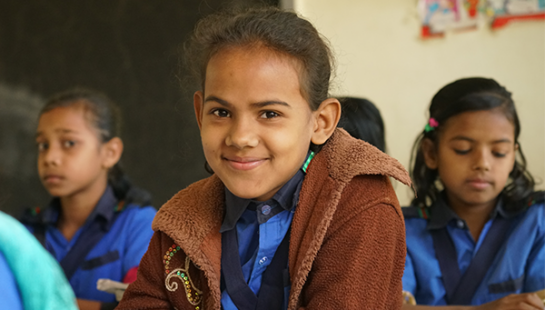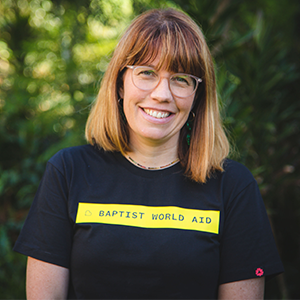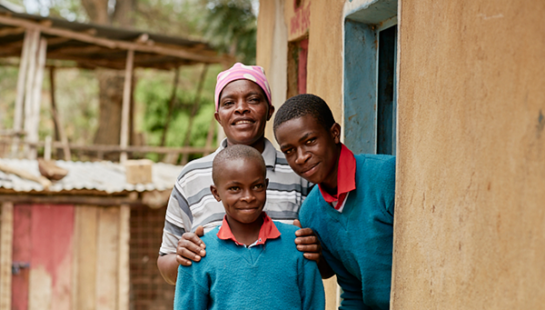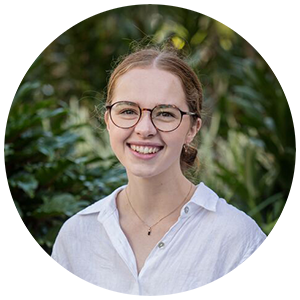For young girls living in poverty, menstruation often spells the end of their education. Without access to sanitary products, girls are unable to attend school when they’re menstruating and, given that this is something that happens regularly, they very quickly fall behind.
While uncomfortable for us, the topic of menstruation in many of the countries where Baptist World Aid Australia works is completely taboo.
Anyone who was ever a young girl knows that the journey to understanding menstruation can be a tricky process, but for girls whose cultures restrict their access to fundamental information about what is happening to their bodies, it can be downright terrifying.
Embarrassed and scared by what should be a very normal transition, it is not uncommon for young girls living in poverty to drop out of school entirely after they begin menstruating.
This is a major problem.
The theme of International Day of the Girl Child for 2015 (October 11) is “The Power of the Adolescent Girl: Vision for 2030” and without an education, that power is severely diminished. The lack of education makes women more vulnerable to early motherhood and unplanned pregnancy, disease and the effects of poverty in general.
Our partner, United Mission to Nepal, runs a Community Health Project that actively breaks the stigma around menstruation; helping to keep young Nepalese girls like Amita in school. This is her story:
I am Amita, a Grade 10 student from Dhading. I am a member of the Child Health Club. Our club actively promotes health awareness about maternal and child health, and helps Female Community Health Volunteers to install identification flags at the houses of pregnant women.
Previously, I had many queries and problems regarding menstruation. Menstruation was really difficult for me, and I was too embarrassed to talk to family or friends about it. Our class teacher did not teach us about menstruation, and told us to do self-study. I had to use old pieces of cloth as pads, as I could not afford disposable pads from the market. Many times I had leaking, which was really embarrassing, and for this reason, I missed classes and my self-confidence reduced. As a member of the Child Health Club, I got the chance to participate in a training programme about adolescent sexual and reproductive health. There I learned many things, including information about menstruation, and how to make what we call Improved Washable Pads.
After training, I have been using the Improved Washable Pads, which are easy to make and cheap. They also decrease the risk of leakage, which meant I no longer had to miss class. I can explain to other students about menstruation, menstrual hygiene, and teach them how to make pads. I found it very effective, so I enjoy telling other people about them. Everyone around me is happy to learn about it. I suggest this type of programme should reach every corner of every village.
Amita’s story illustrates the importance of breaking the silence which surrounds issues that are taboo. It’s incredible to think of the difference a little conversation can make.



 Meredith Benson,
Meredith Benson,

 Amelia Ceroni,
Amelia Ceroni,